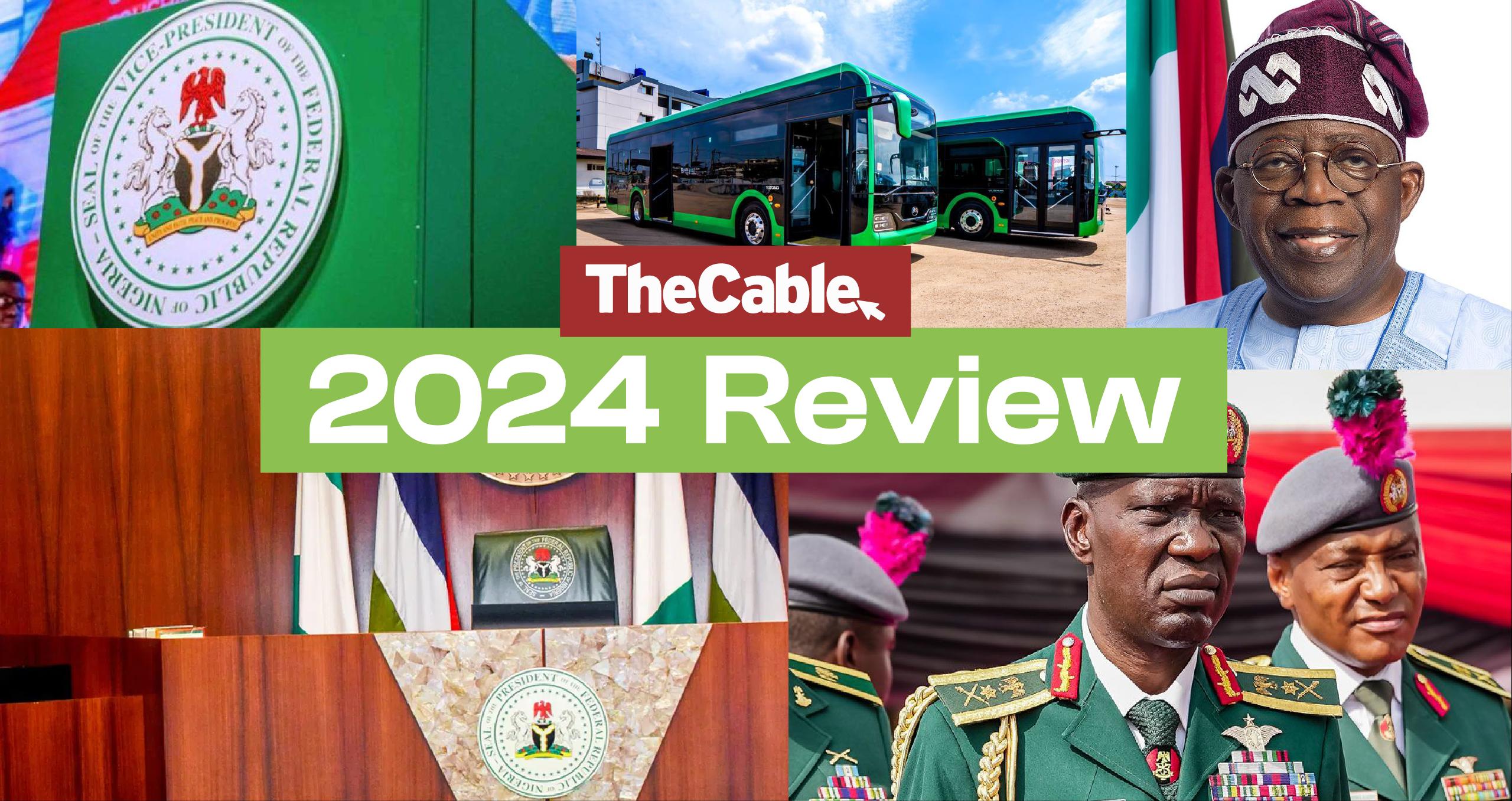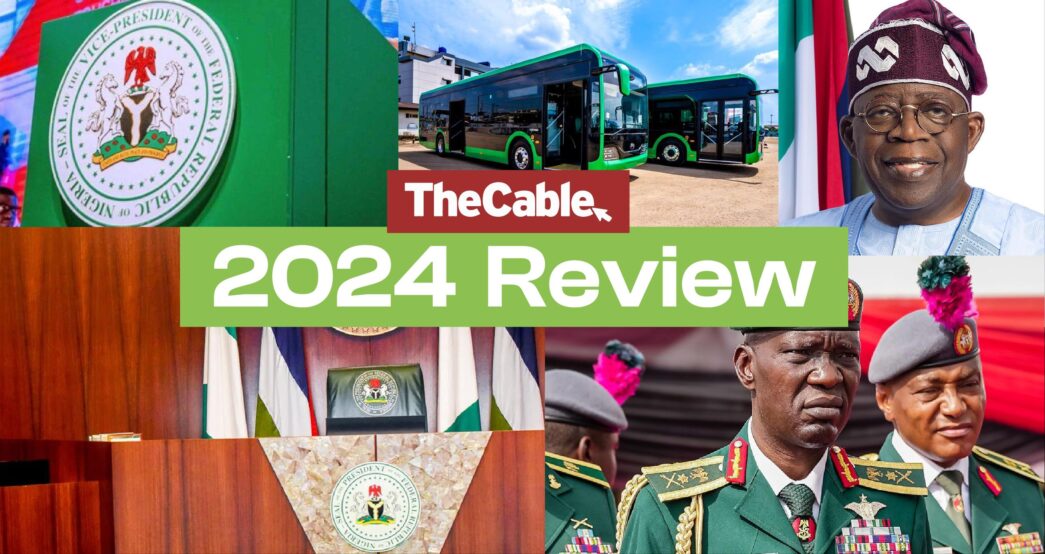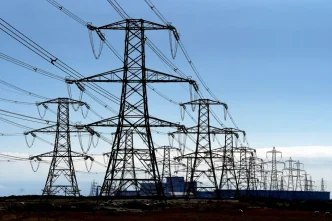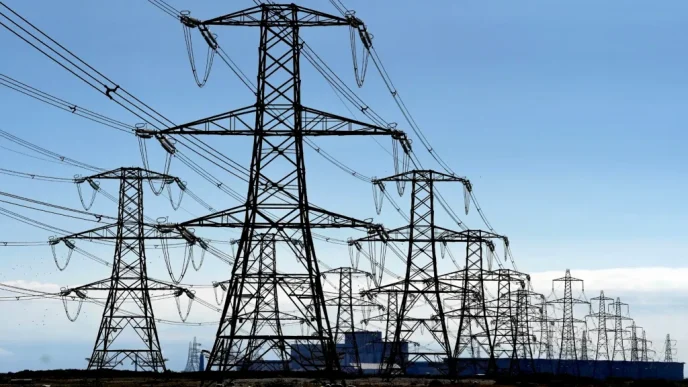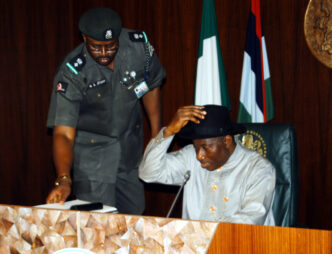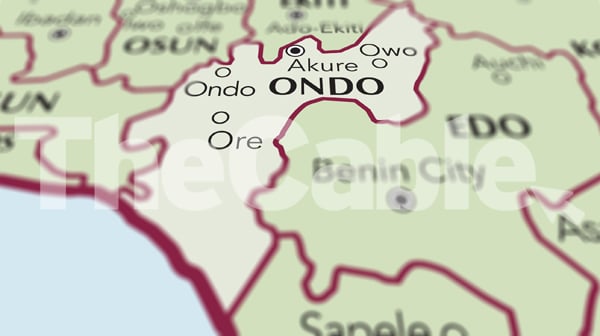President Bola Tinubu unfurled a raft of directives with far-reaching implications in 2024.
From the launch of the compressed natural gas (CNG) initiative to the re-adoption of the old national anthem; from the rejig of his cabinet to the controversial tax bills before the national assembly; 2024 was the year Tinubu attempted to steady a Nigerian ship still rocking from a slew of hastily dispatched reforms in the preceding year.
TINUBU SUSPENDS, FIRES BETTA EDU
The president inaugurated his cabinet on August 21, 2023.
Advertisement
On January 8, 2024, Tinubu suspended Betta Edu as minister of humanitarian affairs and poverty alleviation.
Edu was suspended after a memo surfaced wherein she asked Oluwatoyin Madein, accountant-general of the federation, to transfer N585 million to a private account.
The president also asked the Economic and Financial Crimes Commission (EFCC) to investigate the financial transactions of the humanitarian ministry.
Advertisement
Days before the suspension of Edu, the president had suspended Halima Shehu as chief executive officer (CEO) of the National Social Investment Programme Agency (NSIPA) over alleged financial malfeasance.
Edu was thereafter grilled at the EFCC headquarters in Abuja.
Subsequently, the president suspended all programmes administered by NSIPA for six weeks as part of a probe into the allegations.
In April, the EFCC said it recovered N30 billion from the investigation involving Edu, adding that 50 bank accounts were under probe.
Advertisement
Edu was later replaced following a cabinet reshuffle in October.
FIVE EXIT THE CABINET, SEVEN JOIN
Tinubu tweaked his cabinet on October 23, 2024 after months of speculation.
The president scrapped two ministries, fired five ministers, reassigned 10 to new portfolios and nominated seven persons to join his team.
Advertisement
The five affected ministers were Uju Kennedy-Ohanenye, minister of women affairs; Lola Ade-John, the minister of tourism; and Jamila Bio Ibrahim, minister of youth development.
Tahir Mamman was also relieved of his duty as the minister of education while Abdullahi Muhammad Gwarzo was let go as minister of state, housing and urban development.
Advertisement
Tinubu scrapped the ministry of tourism, merging it with the ministry of arts and creative economy, to form the ministry of arts, culture, tourism and creative economy.
He also abolished the ministry of Niger Delta development and, in its place, created the ministry of regional development to oversee the various regional development commissions.
Advertisement
RE-ADOPTED NATIONAL ANTHEM
On May 29, Tinubu enacted the legislation that returned the old national anthem themed: ‘Nigeria, we hail thee’.
Advertisement
The version used since 1978 is titled ‘Arise, O Compatriots’.
The old national anthem was introduced on October 1, 1960, after Nigeria gained independence.
The president had said returning the old national anthem was always a priority for him.
PURCHASE OF NEW PRESIDENTIAL JET
On August 19, the presidency confirmed what most people already suspected — a new presidential jet had been acquired.
Bayo Onanuga, special adviser to Tinubu on information and strategy, said the jet replaces the 19-year-old Boeing B737-700 purchased under former president Olusegun Obasanjo.
Onanuga said the new airbus A330 will save Nigeria “huge maintenance and fuel costs, running into millions of dollars yearly”.
TAX REFORM BILLS
On October 3, Tinubu asked the national assembly to consider and pass four tax reform bills.
The legislations comprise the Nigeria tax bill, Nigeria tax administration bill, Nigeria Revenue Service establishment bill, and the Joint Revenue Board establishment bill.
The bills have elicited controversy.
One of the legislations proposing a new valued added tax (VAT) sharing formula for the federation, has been vehemently rejected, especially by northern stakeholders.
During his first presidential media chat, Tinubu insisted that the tax reform bills have come to stay.
The president said the reforms were initiated to “eliminate colonial-based assumptions” in the country’s tax environment.
He added that the country cannot deploy old methods to combat current economic challenges.
CNG INITIATIVE
On August 12, Tinubu inaugurated 30 hybrid CNG buses.
The presidency implored Nigerians to convert their vehicles to CNG as petrol price soared.
In November, the presidential compressed natural gas initiative (Pi-CNG) said over $200 million had been invested across the value chain of the scheme.
Michael Oluwagbemi, project director and chief executive officer (CEO) of Pi-CNG, said contrary to the “misinformation” about CNG, Nigerians are embracing and converting their petrol-powered vehicles to CNG-enabled vehicles.
TINUBU APPOINTS ATIKU’S EX-AIDE AS MEDIA ADVISER
On November 14, Tinubu appointed Daniel Bwala, spokesperson for the Atiku Abubakar campaign in 2023, as his special adviser on public communications and media.
In the buildup to the 2023 elections, Bwala defected from the All Progressives Congress (APC) to the Peoples Democratic Party (PDP).
There was some power play in the president’s media team in the wake of Bwala’s appointment.
Bwala had barely announced himself as the new presidential spokesperson when Onanuga issued a statement saying there was no “presidential spokesman” in that sense.
To boot, Onanuga announced the re-designation of Bwala as special adviser on policy communication to the president — a position that means the latest addition to Tinubu’s media team was going to be operating away from the presidential villa.
A NEW ARMY CHIEF
Tinubu appointed Olufemi Oluyede, a major general, as the acting chief of army staff (COAS) as speculations on the state of health of Taoreed Lagbaja, the army chief, persisted.
Lagbaja died on November 6, 2024. Following the president’s request, the senate confirmed Oluyede as COAS on December 3.
Before his appointment, Oluyede served as the 56th commander of the infantry corps of the Nigerian Army, Kaduna.
He was commissioned a second lieutenant in 1992 and rose to the position of major general in September 2020.
Oluyede and Lagbaja were coursemates and members of the 39th regular course.
Add a comment
